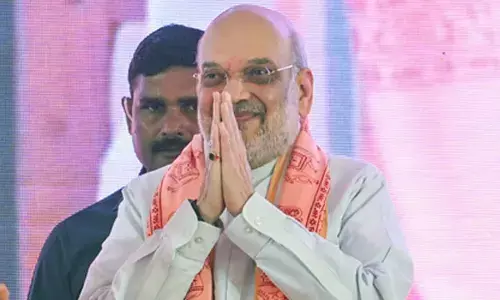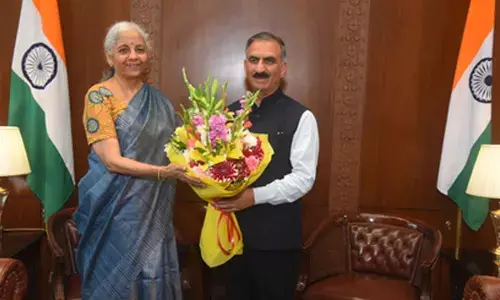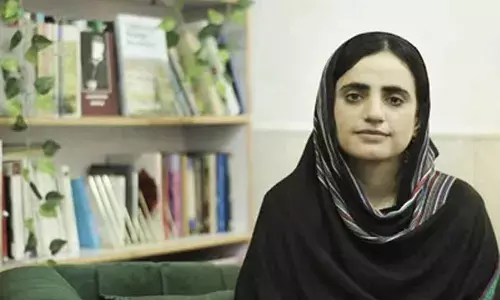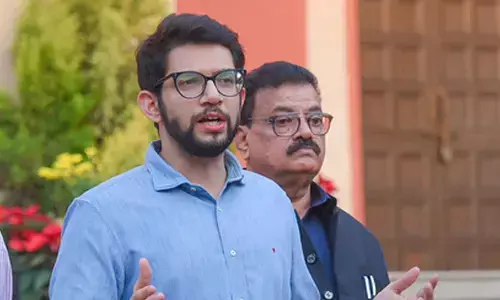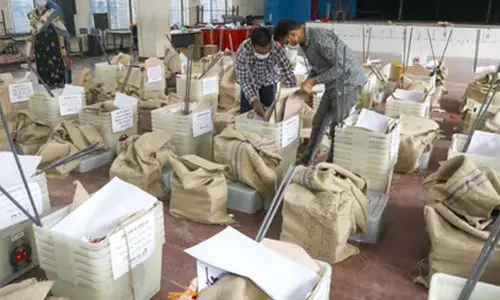India sees bioweapons threat from terrorists
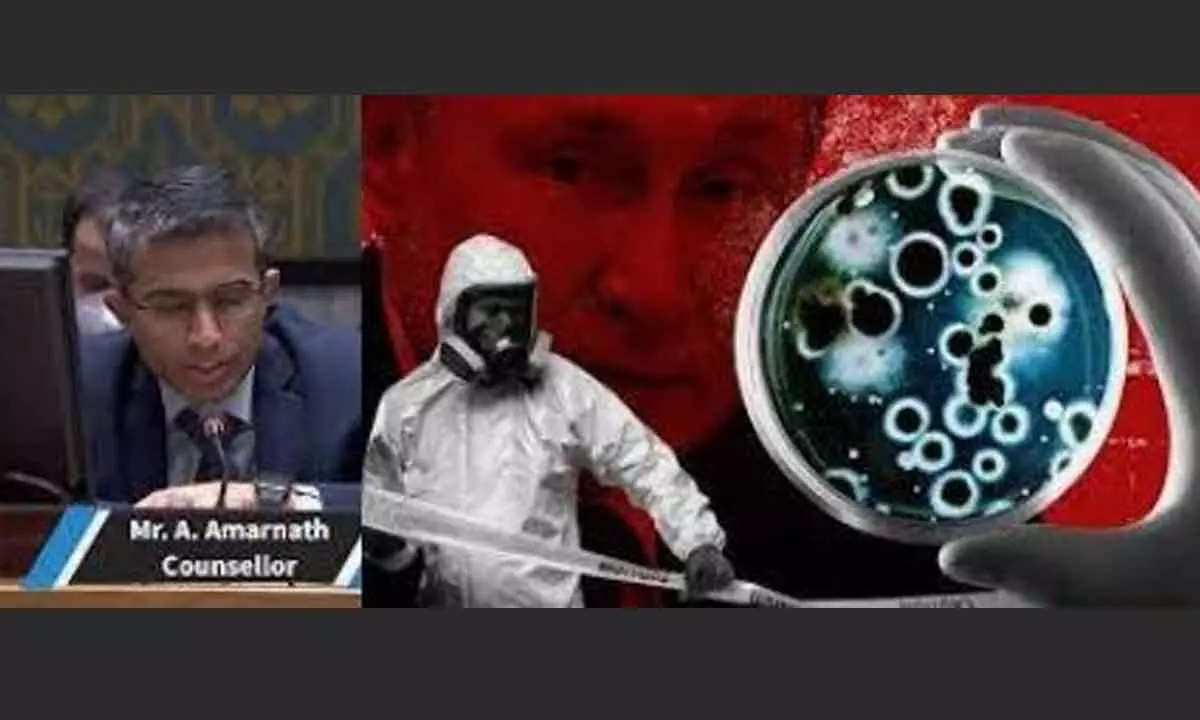
Seeing the devastation brought by the Covid-19 pandemic, India has put a spotlight on the threat of terrorists using biological weapons and suggested that the UN help countries deal with the risk.
United Nations: Seeing the devastation brought by the Covid-19 pandemic, India has put a spotlight on the threat of terrorists using biological weapons and suggested that the UN help countries deal with the risk.
"In the Covid-era, the threat of misuse of biological agents and chemicals as weapons, combined with advances in chemistry and biology has heightened," A Amarnath, a counsellor at India's UN Mission, said on Tuesday at a consultation held by the Security Council panel dealing with terrorists and weapons of mass destruction (WMD).
The consultation, he said, could be a forum to see how the panel could "assist members in this area".
The committee headed by Mexico is called the 1540 Committee after the Council's 2004 resolution to prevent terrorists from developing, acquiring, manufacturing or using nuclear, chemical or biological weapons and their means of delivery.
Amarnath warned that new and emerging technologies may increase the risk of terrorists deploying WMDs.
"The growing capabilities of terrorist and other non-state groups to access delivery systems like missiles and unmanned/uncrewed aerial systems (drones) have compounded the risks of terrorism using WMDs," he added. The threat of terrorists getting WMDs "is not in the theoretical realm" but a real threat because terrorist groups with the control of territory can develop and deploy them.
He cited reports of the UN investigative team on crimes by the Islamic State known by the acronym UNITAD.
"Their findings reveal that a terrorist group with considerable territory under its control can develop and deploy these deadly weapons within a short period of time. This is deeply disturbing," Amarnath said. Therefore, he added that preventing terrorists from getting WMDs "must be an urgent priority and responsibility of the international community".
Gul Qaiser, a first Secretary in Pakistan's UN Mission, departing from the topic of terrorists acquiring WMDs, criticised what he asserted were discriminatory restrictions on export controls of dual-use items.


